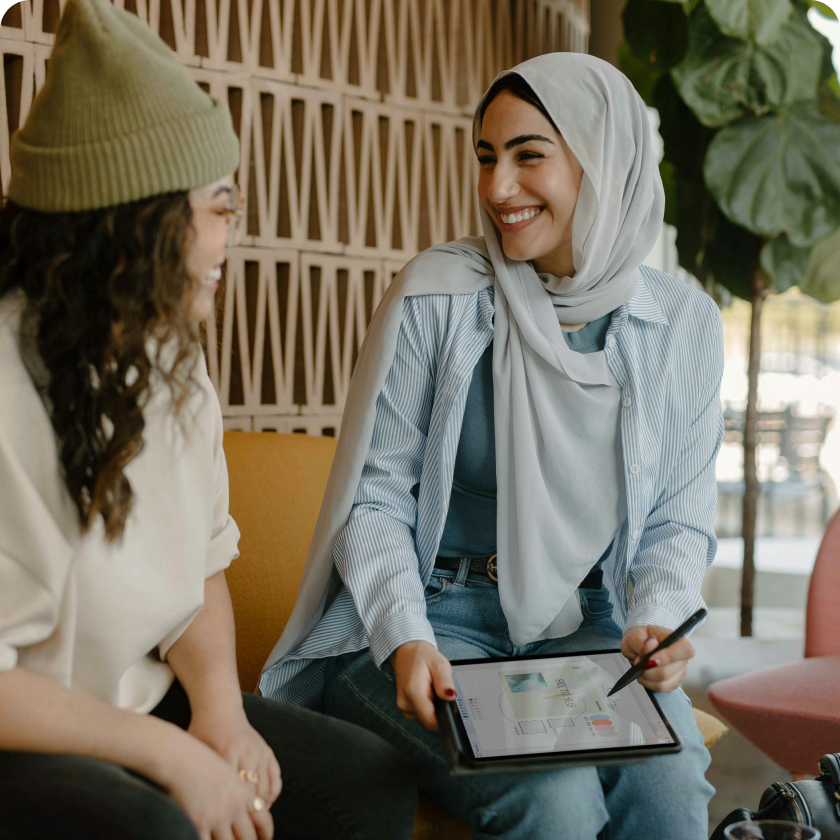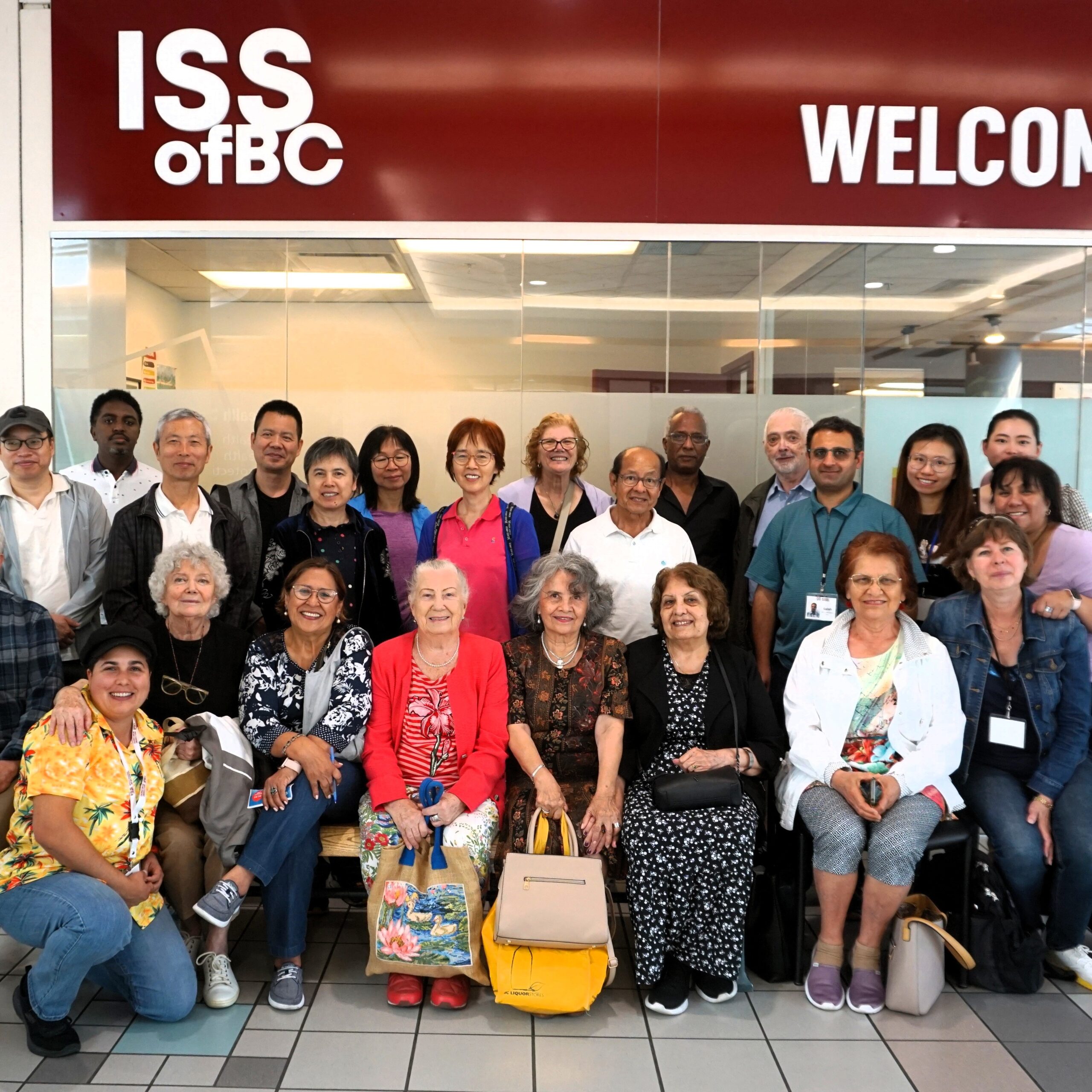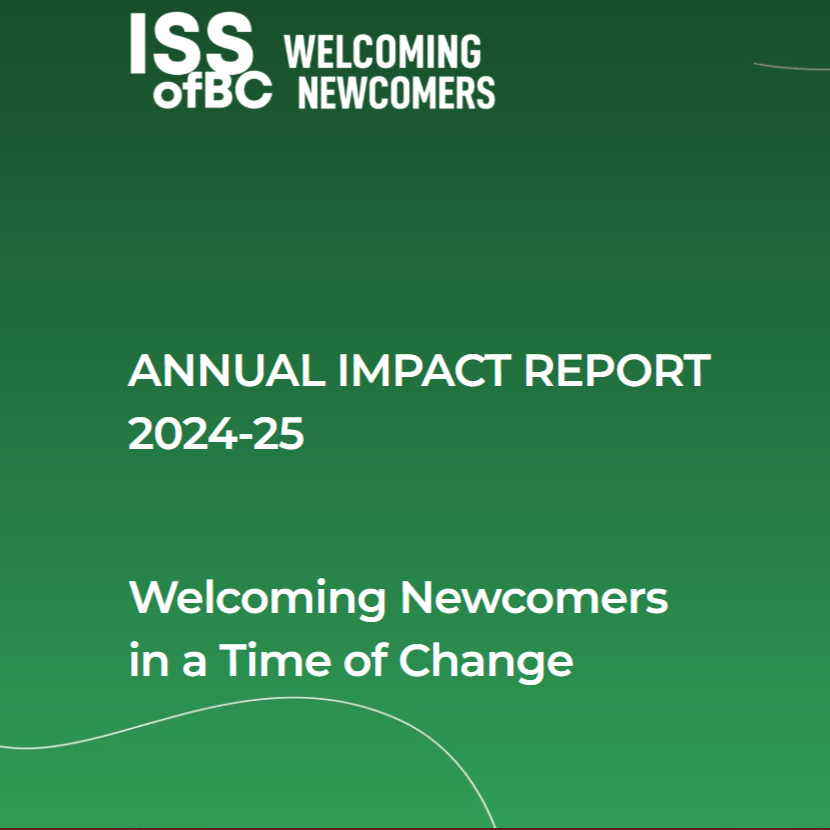Indigenous views on immigration are often complex and intertwined with the broader narratives of colonization, cultural preservation, and community building. As Canada continues to evolve in its approach to immigration and multiculturalism, understanding these perspectives is crucial for fostering meaningful relationships between Indigenous peoples and newcomers. This blog explores the insights shared by Indigenous leaders during one of our New Perspectives webinars (see below), emphasizing the importance of collaboration, education, and respect in developing Indigenous-newcomer relations.
The original webinar, Indigenous Perspectives on Immigration to Turtle Island, included a panel led by Kory Wilson, Executive Director, Indigenous Initiatives and Partnerships at BCIT & Chair, BC First Nations Justice Council. The other speakers included:
- Brenda Gunn from the National Commission of Truth and Reconciliation (NCTR)
- Celeste Haldane from the BC Treaty Commission
- Norm Leech from the Vancouver Aboriginal Community Policing Centre
The Complexity of Indigenous Perspectives on Immigration
Indigenous peoples in Canada have a unique relationship with the land and the state, shaped by a history of colonization and ongoing struggles for recognition and rights. As newcomers arrive in Canada, they often come with their own stories of migration, seeking safety and opportunity. Understanding the intersection of these experiences is essential for building bridges between communities.
Throughout the discussion, panelists highlighted the need for newcomers to recognize the historical context of their arrival in Canada. Many Indigenous peoples have faced dispossession and marginalization, leading to a deep understanding of the importance of land and community. This shared experience of displacement can create a common ground for dialogue and collaboration with both newcomers and Canadian-born Canadians.
Education as a Foundation for Understanding
Education emerged as a central theme in the conversation. Panelists emphasized the importance of educating newcomers about Indigenous history, culture, and the ongoing impacts of colonization. This education is not only about sharing facts but also about fostering empathy and understanding.
Research and Preparation: Newcomers should take the initiative to learn about the Indigenous lands they now inhabit. This includes understanding the treaties, the history of residential schools, and the ongoing efforts for reconciliation.
Engaging with Indigenous Voices: Listening to Indigenous narratives and experiences is crucial. This can be achieved through community events, workshops, and cultural activities that allow for meaningful interactions.
Reciprocity in Relationships: As newcomers seek to build relationships with Indigenous communities, they should also consider what they can offer in return. This could include volunteering, sharing skills, or simply being present in a respectful manner.
The Role of Organizations and Community Building
Organizations like the Immigration Services Society of BC (ISSofBC) play a vital role in facilitating connections between newcomers and Indigenous communities. By creating spaces for dialogue and collaboration, these organizations can help bridge the gap between different cultural groups.
Panelists called for more partnerships between settlement agencies and Indigenous organizations to ensure that the needs and perspectives of both communities are acknowledged and addressed. This collaboration can lead to innovative solutions that benefit everyone involved.
Addressing Stereotypes and Misunderstandings
One of the significant barriers to building relationships between Indigenous peoples and newcomers is the prevalence of stereotypes and misunderstandings. Panelists highlighted the importance of addressing these misconceptions through open dialogue and education.
Challenging Stereotypes: Newcomers should approach Indigenous communities with an open mind, recognizing that stereotypes often do not reflect the diverse realities of Indigenous peoples.
Creating Safe Spaces for Dialogue: Open and respectful conversations can help dispel myths and foster understanding. It is essential to create environments where individuals feel comfortable sharing their experiences and asking questions.
Building Trust: Trust is a crucial component of any relationship. By being consistent, respectful, and genuine in their interactions, newcomers can build trust with Indigenous communities.
Calls to Action for Newcomers
As the discussion came to a close, panelists offered several calls to action for newcomers who wish to engage with Indigenous communities:
Do Your Research: Take the time to learn about the history and culture of the Indigenous peoples in your area. Understand the significance of treaties and the impact of colonization.
Engage Respectfully: Approach Indigenous communities with respect and humility. Be open to listening and learning from their experiences.
Offer Support: Consider what you can offer to Indigenous communities. Whether it’s volunteering your time or sharing your skills, reciprocity strengthens relationships.
Participate in Community Events: Attend local Indigenous events, ceremonies, and gatherings to immerse yourself in the culture and build connections.
Moving Forward Together
The conversation around Indigenous perspectives on immigration highlights the importance of understanding, respect, and collaboration. As newcomers navigate their new lives in Canada, they have the opportunity to learn from Indigenous peoples and contribute to a more inclusive and equitable society.
By fostering relationships built on trust and empathy, both Indigenous communities and newcomers can work together to create a brighter future for all. The journey towards reconciliation is ongoing, and every step taken towards understanding and collaboration brings us closer to a harmonious coexistence.



